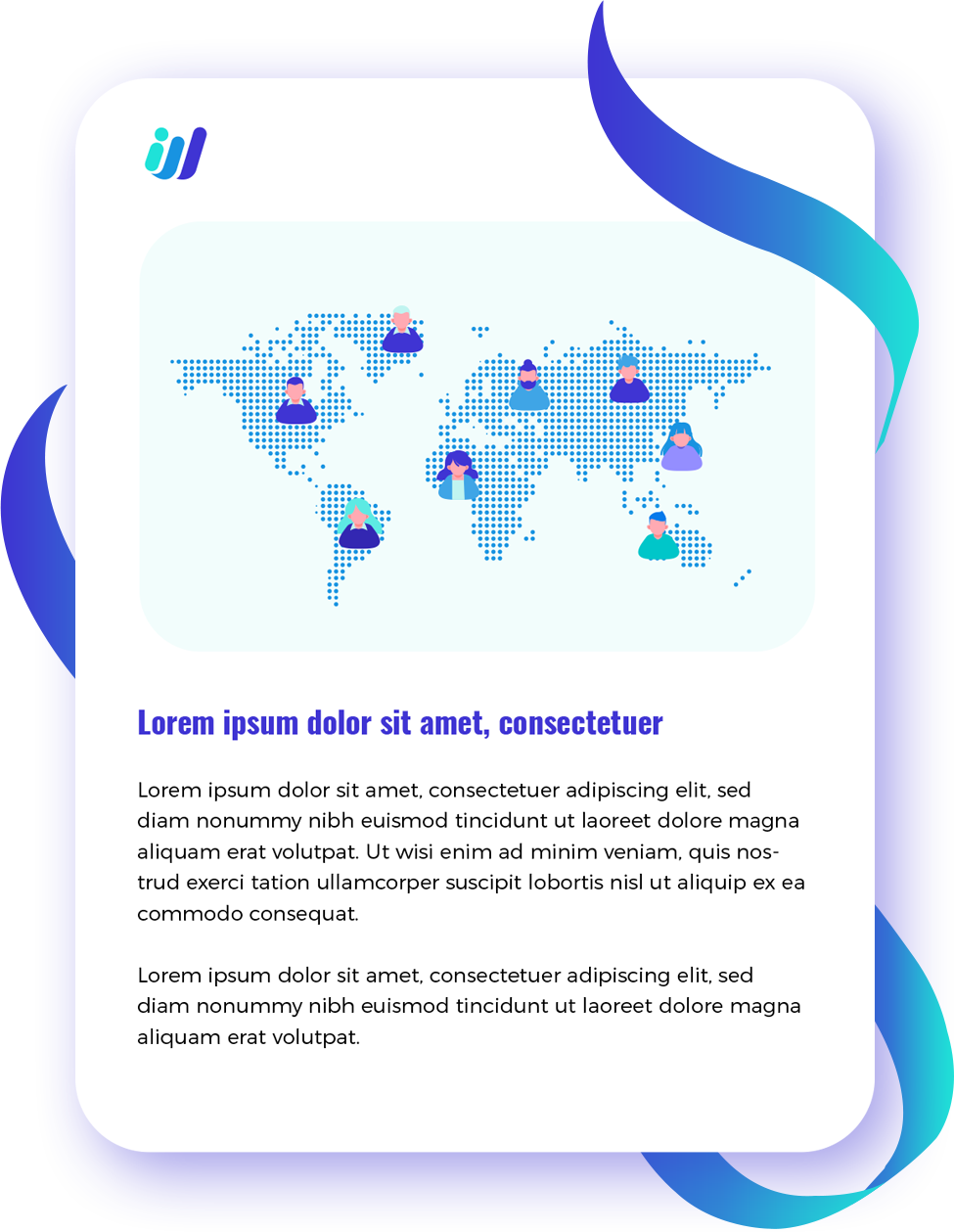Having a great team is important in helping your business succeed. Each individual operation in your company needs to work together to help you run your business smoothly. However, we all know that there are time that we must bring in a third party. When unique expertise is needed, it is better to outsource that function to a dedicated expert team. Aside from reducing cost, outsourcing helps you get access to a team that is skilled and better equipped to address your needs.
Traditionally, the outsourcing team has been treated as a vendor because they provide specific services for a fee. But in this fast-paced digital world of Third Wave Outsourcing, simply choosing to contact a vendor is not enough. In order to run a successful business, you need to forge relationships that will push your business forward. In a world where most businesses contact vendors for a purely transactional relationship, those that will set themselves apart will be the businesses that seek long-lasting outsourcing partnerships.
Although some use the terms interchangeably, a vendor and a partner are very different things.
A Vendor Has Limited Capacities
Vendors are usually a third-party source from whom you procure a product or service. This relationship is primarily transactional and strategic. You’ll reach out to the vendor whenever you need them and the asks and tasks are typically pre-planned. Some would even call a client-vendor relationship cold and formal. Both sides don’t really know much about each other, which increases the risks of a deal not working out.
A vendor is an arms length engagement so they are not fully brought on board. You only have an idea of their skills, but you don’t go deeper. Company culture, attitude, and teamwork, are not typically a point of interest from either party. This lack of “partnership” can cause problems later on. Sure, vendors can get the job done, but what you want are people who do it not just for the sake of doing it, but because they are driven and are invested in your success.
A Partner Helps You Win
A partner is a team that will help you win. Contacting partners for your business assures you that they have your best interest at heart. Partners are dedicated and driven to achieve their client’s business goals. Moreover, choosing a partnership means building a long-lasting business relationship founded on mutual respect and trust.
Partners are the people you’ll collaborate with for your business. More than being hired for pay, they’ll integrate and commit themselves to help you as best as they can. A partner will assist you by contributing their knowledge to develop your ideas. It’s a win-win for both parties because both of you are committed to each other’s success.
Forging a Partnership: What to Look For in a Partner
Partners are able to adapt to different circumstances and are always willing to put their best foot forward. Partners are outstanding and will always rise above the pack. Here are some things you should look out for:
- Commitment. A great partner is committed to your business. They work hard to prioritize your goals and to assure you that they value the trust you gave them. They help you work through your problems and offer insights or solutions to projects. They plan ahead to bring you a great strategy that will give you more time to focus on your business.
- Communication. Entering a partnership means that there is always an open line of communication. They relay information and insights to you, and you do the same for them. They listen to your direction and in return, you value what they have to say. Partners are brought in to collaborate and innovate with your company. There is an openness that speaks of your deep respect for each other.
- Honesty. A partner is honest and straightforward. They will tell you the truth about your business ideas in order to steer you in the right direction. They’re vocal about the things that should be done for the betterment of your company. May it be positive or negative, a partner wouldn’t hesitate to be honest with you.
- Trustworthy. Having a great client-partner relationship is dependent on the mutual trust you have. You need to trust that your partner will do their best to share their knowledge and to help your business succeed. At the same time, they trust that you are a reliable company that is willing to listen and learn.
- Values. Your partner’s values play an important role in fostering your relationship. Their values need to be aligned with yours so that you can pursue a fruitful partnership. It also affects the way their team works together with you. A partner should have clear values that can represent your brand.
A Vendor vs. a Partner – Does it Matter?
After knowing the difference between a vendor and a partner, you might ask, does it really matter? If your business is only concerned with reducing costs, think about maximizing that. Would you rather pay for someone who just does what they are told or would you want to pay for a dedicated team that is willing to go the extra mile for you?
It is fortunate for a business to be surrounded by partners rather than vendors. Partners are committed to your success as much as you are. They try to create win-win situations that will give both of you an advantage.
A Partner for Third Wave Outsourcing
Great partnerships produce great results. A partner is a trusted part of your team. It is easy to collaborate with these people because they have the skills and expertise to give your company an edge. They have your best interests at heart and they aim to achieve your goals. Aside from that, your partners extends your access to the best talent. In Third Wave Outsourcing, these are the people that will make your business successful.
We have seen the shift from vendors to partners as the trend in the new wave of outsourcing. Interested in learning more about Third Wave Outsourcing? Sign up here to be notified when it is released and receive related news and updates!



